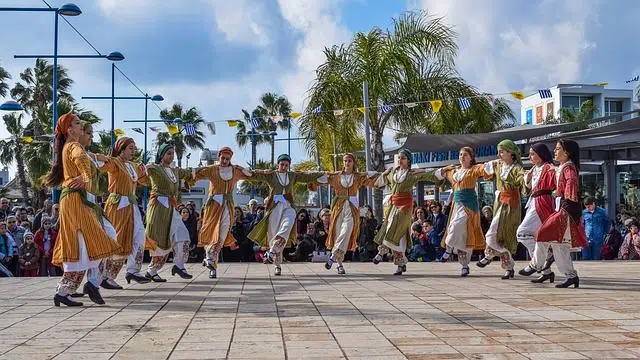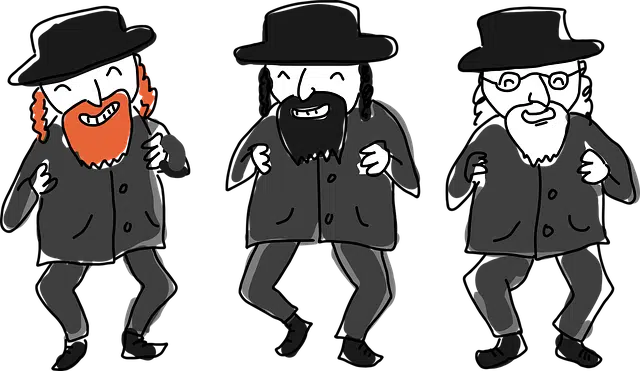
A community can bring together people of a certain nationality who live in a foreign country.
A community is a group of people gathered together for the same purpose . This is the social group to which a subject belongs because they share some characteristic or objective. For example: “The Spanish community in Argentina has several clubs and restaurants” , “A member of the Mexican community was murdered by a gang in the United States” , “Tomorrow the community party will take place in the town square” .
The most common use of the concept is linked to the group of people born in the same country but who reside in a foreign nation. Some immigrants gather with their compatriots to maintain their customs, remember their land and fight for their rights.
Communities and nationalities
The groups usually meet in clubs to carry out typical activities from their native countries. These clubs also generally have restaurants that offer traditional foods. In this way, not only can the members of the community feel closer to their land, but the rest of society can discover other flavors.
It can be said that communities have various civil associations that arise from their own actions, while other institutions correspond to the State and are under the orbit of the government (such as embassies or consulates ).
It is important to highlight that communities can also correspond to a religion and not a country, as is the case of the Jewish community : “The Jewish community made public its repudiation of the recent attacks that took place in the Middle East,” “I have many friends of the Jewish community.”

The Jewish community has been persecuted throughout history.
The case of Judaism
The Jewish community is an ethnic group that descends from the ancient Israelites and Hebrews, and their religion is linked to their ethnicity , as well as their customs and language. As a people, Jews have been victims of countless persecutions in various parts of the world, which has generated important changes in their population. Currently, it is estimated that they reach an average of 13.5 million people, and that a large part of them live in Israel and the United States.
It is worth mentioning that the terms Jew and Judaism were used almost without distinction until the end of the 18th century, when the appearance of the Haskalah , a movement also known as the Jewish Enlightenment that took place on the European continent, deeply marked the mentality of the Jewish people. causing many to maintain their attachment to their roots but not feel identified with the religious tradition .
Different groups in the Jewish community
When the word Jewish is pronounced, there are three well-defined groups that can identify with it: Jewish people for ethnic reasons; practitioners of Judaism; who feel identified with this town because of its history and culture. According to Jewish law ( hachalah ), an individual can be considered Jewish when his mother is also Jewish, or after having converted through formal means, which involves the participation of certain religious authorities.
There are other points of view apart from the Orthodox, which admit into Judaism any person born to a Jewish father or mother; These are definitions belonging to liberal and reformist currents . Likewise, for humanists any person who feels Jewish is Jewish, regardless of their ancestry and without the need to formally convert.
A particular characteristic of the Jewish community is the large number of people of international prestige and fame that it has produced throughout history. Some examples are: Gustav Mahler , great romantic composer and conductor born in what is now the Czech Republic at the end of the 19th century; Sigmund Freud , psychiatrist of Austrian origin known worldwide as the founder of psychoanalysis ; Albert Einstein , German physicist born in 1879, developer of the theory of relativity and responsible for a legacy that continues to be taken as a reference, several decades after his death.
